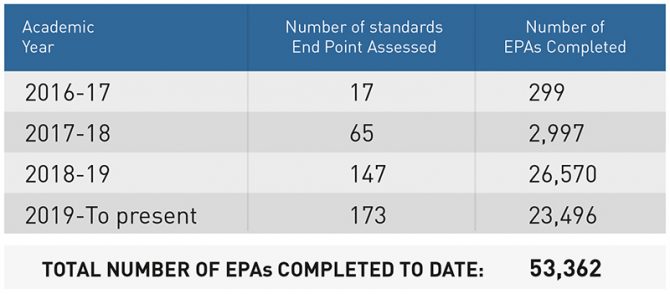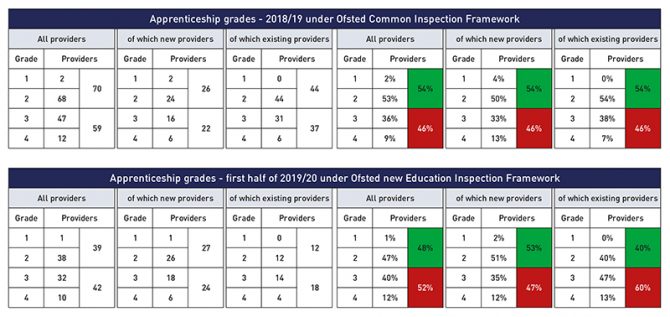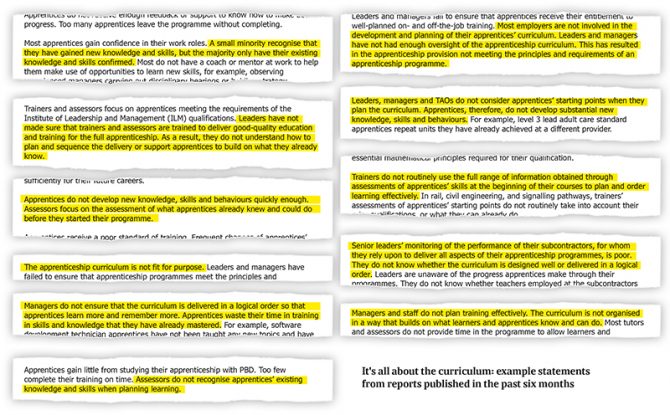Helen Van Aardt has identified eight things that athletes preparing for competition have in common with teachers
An elite athlete can be characterised as someone who is able to perform under pressure in a challenging environment, to achieve an outcome, whilst being observed by an audience. Teachers in further education colleges not only have to do everything included in the elite athlete description, but they also have to ensure learners achieve their outcomes as well. Our sector is packed with brilliant teachers, and at Loughborough College we have observed that great teachers may be more similar to elite athletes than they realise.
Loughborough College has a long history of supporting the development of elite athletes both inside and outside of the classroom. The provision of a world-leading dual career offer is a key strategic aim, and if the college was a country it would have been ranked eighth in the last Commonwealth Games medal table. It is working in this environment that informs the parallels in teaching practices that can support how we strive for consistently high-performing teachers.
Understand the factors that contribute to high performance
Athletes and their coaches know what is required to be elite. There are numerous aspects that contribute to elite performance, including: technical, tactical, physical and psychological skills, supported by lifestyle. All these aspects need to be worked on. Similarly, with teaching, they need to understand what outstanding looks like and what their areas of development are, as well as taking care of their lifestyle in order to support wellbeing.
Goal setting
Elite athletes set goals. These goals can be outcome goals (long-term motivational targets) over which they have limited control; performance goals (personal standards); or process goals (the process behind performance) over which they have more control. Successful teachers do the same, setting performance and process goals as part of their development plans.
Preparation
Elite athletes prepare holistically and thoroughly for competition, often utilising a support network of sports scientists and coaches. Successful teachers also prepare thoroughly for their teaching and they too access a support network, for example, E-learning support, TLA leads and input from external trainers.
Marginal gains
Elite athletes look for marginal gains. Outstanding teachers are always looking to improve by making small changes to their practice. They trial modern techniques and methods, using research and contemporary approaches to help develop their teaching pedagogy.
Reflecting on performance
Elite athletes consider their goals individually and, if applicable, as a team. Support staff are involved in this, breaking down performance where required. They revise their goals and set new goals, continually looking to improve. Outstanding teachers also reflect on their performance, adopt a growth mindset and are open to constructive feedback.
No fear of failure
Elite athletes take risks to take their performances to the next level. Outstanding teachers are also not afraid to take risks to innovate and make mistakes in their drive to improve performance. The culture of the educational organisation needs to support this.
Wellbeing
Elite athletes look after themselves, assisted by nutritionists, physiotherapists and psychologists. Teachers can optimise their performance by looking after themselves, by exercising regularly, eating a healthy diet and managing stress. In doing so, they are able to provide consistency, continuity and reassurance to learners.
Ofsted
Loughborough Sport gained double ‘outstanding’ at the last subject-specific Ofsted. The preparation, as it would be for a major sports event, was meticulous. The requirements of outstanding provision were carefully reviewed, with action plans put in place to achieve these. External critical friends provided feedback and support to enable reflective practice.
FE as a sector faces similar funding challenges to many National Governing Bodies who fund sport. Whilst we hope the decade of cuts is reversed in the 2020s, focusing on high-performing teachers will help to raise the bar as high as our learners deserve.





